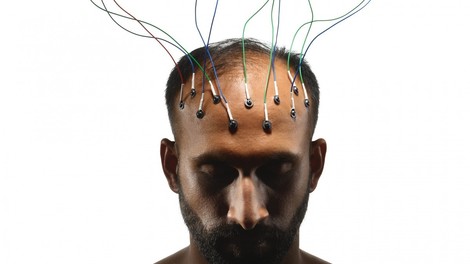Your podcast discovery platform
Curious minds select the most fascinating podcasts from around the world. Discover hand-piqd audio recommendations on your favorite topics.

piqer for: Global finds Deep Dives
Catalina Lobo-Guerrero is a freelance journalist and anthropologist currently living in Barcelona, Spain. For the past decade she has been working as an investigative journalist and correspondent in Bogotá, Colombia and Caracas, Venezuela where has written about politics, corruption, the armed conflict and violence. Her work has been published by The New York Times, The Guardian, El País and other smaller and independent media outlets in Latin America.
The "Neuropolitics" Consultants Who Hack Voters' Brains
Politicians say they want to know what people think. But they are really more interested in finding out how they make us feel. For years they would use surveys and focus groups. But now it's all about biometric technology, apps, and algorithms that can catch even the smallest hesitation, a slight mood shift, a twitch, an impulse from the brain you are not even aware of.
It sounds dystopian but "neuropolitics" and "neuromarketing" – get used to these terms – are already driving the decisions behind politician's strategies with voters. Consultants in this field work all over the world, their firms are being hired to track people's emotions through brain, eye and face scans. Subjects don't even have to be in a lab or in the same room. Using their own computers or specific apps on their phones allows analysts to test them remotely.
This type of technology is going beyond what people admit to feeling or thinking in more traditional research methods. It unmasks the responses that subjects might not even be aware of having, and targets what voters are often unwilling or unable to express in a more conventional type of study. With these very specific results, politicians can engineer their communication campaigns more precisely: they can reach certain groups of voters with a special type of ad that will focus on particular issues or heighten key emotions, such as fear, for example.
How is all this influencing politics already? How widespread is this type of consultancy? How much does it cost? Who regulates the use of this technology to target potential voters? The article doesn't go so deep, as it is published in a tech review magazine. And consultants argue that they have confidentiality clauses with their clients so they don't say who they are. If so many politicians are all about winning, the question may no longer be who is using this type of technology already, but rather who isn't.
